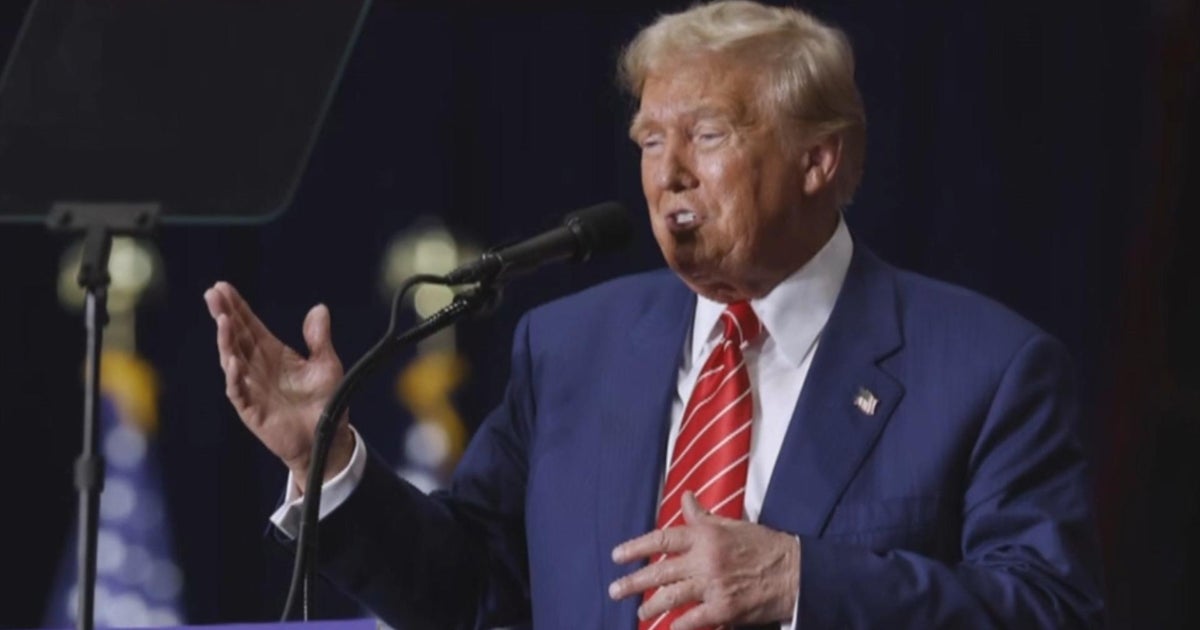U.S. Supreme Court to discuss social media law
TALLAHASSEE - The U.S. Supreme Court is scheduled Sept. 26 to discuss whether it will hear a First Amendment challenge to a 2021 Florida law that placed restrictions on major social-media companies.
A court docket Wednesday said the case will be considered during a "conference," a closed-door meeting that includes making decisions about which cases to hear.
The conference will come after U.S. Solicitor General Elizabeth Prelogar and other Department of Justice attorneys filed a 25-page brief this month that said the Supreme Court should hear arguments about the Florida law and a similar Texas law.
The brief also said justices should uphold an 11th U.S. Circuit Court of Appeals ruling that blocked parts of the Florida law.
The state and two industry groups challenging the law — NetChoice and the Computer & Communications Industry Association — also have urged justices to take up the case.
The law (SB 7072) placed restrictions on large companies such as Facebook and Twitter, now known as X.
Ron DeSantis made a priority of the law after Twitter and Facebook blocked former President Donald Trump from their platforms after Trump supporters stormed the U.S. Capitol on Jan. 6, 2021.
The law, for example, would prevent the platforms from banning political candidates from their sites and require companies to publish --- and apply consistently --- standards about issues such as banning users or blocking their content.
Companies could face steep penalties for violating restrictions in the law. U.S. District Judge Robert Hinkle issued a preliminary injunction against the measure, describing it as "riddled with imprecision and ambiguity."
The 11th U.S. Circuit Court of Appeals last year upheld much of the preliminary injunction, though it said parts of the law could take effect.
In a supplemental brief filed Wednesday, the tech-industry groups argued, in part, that the Supreme Court should strike down the entire law.
The brief said "all the law's provisions reflect the same viewpoint, content, and speaker discrimination that permeate, and should doom, the entire law."




